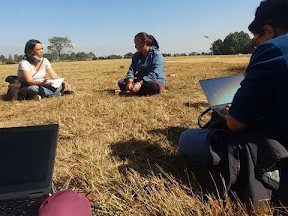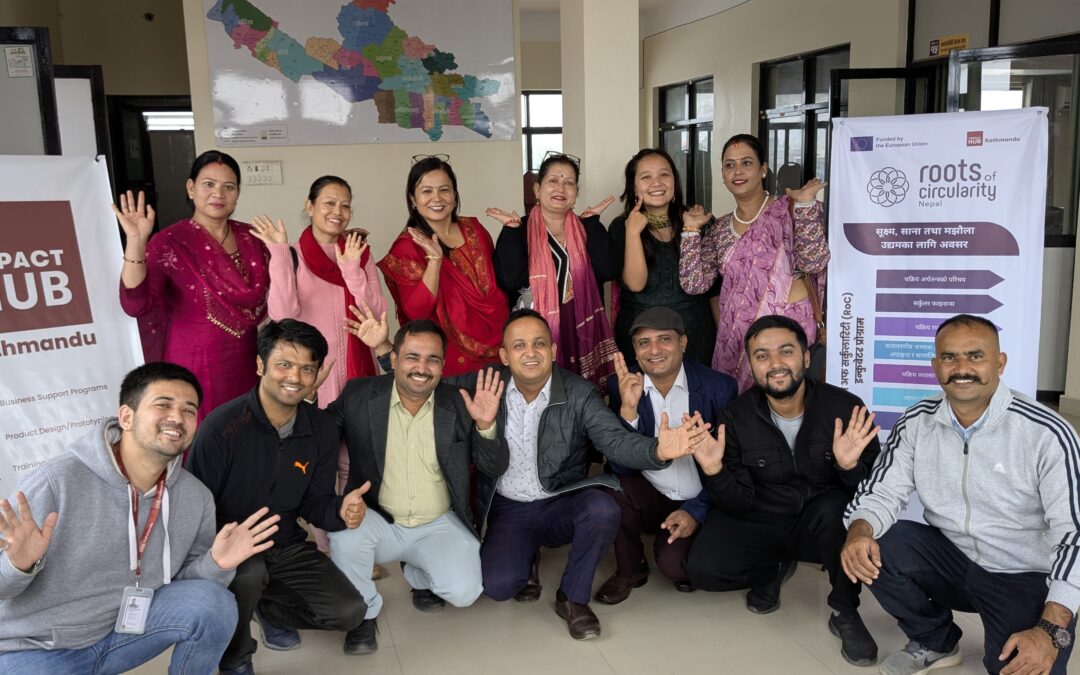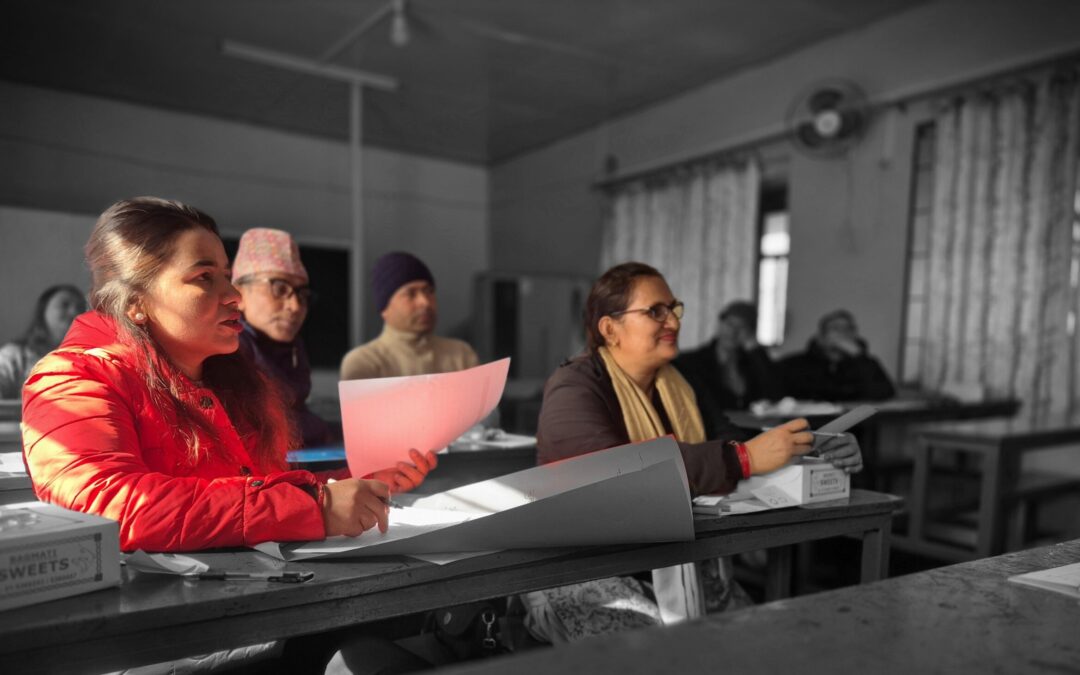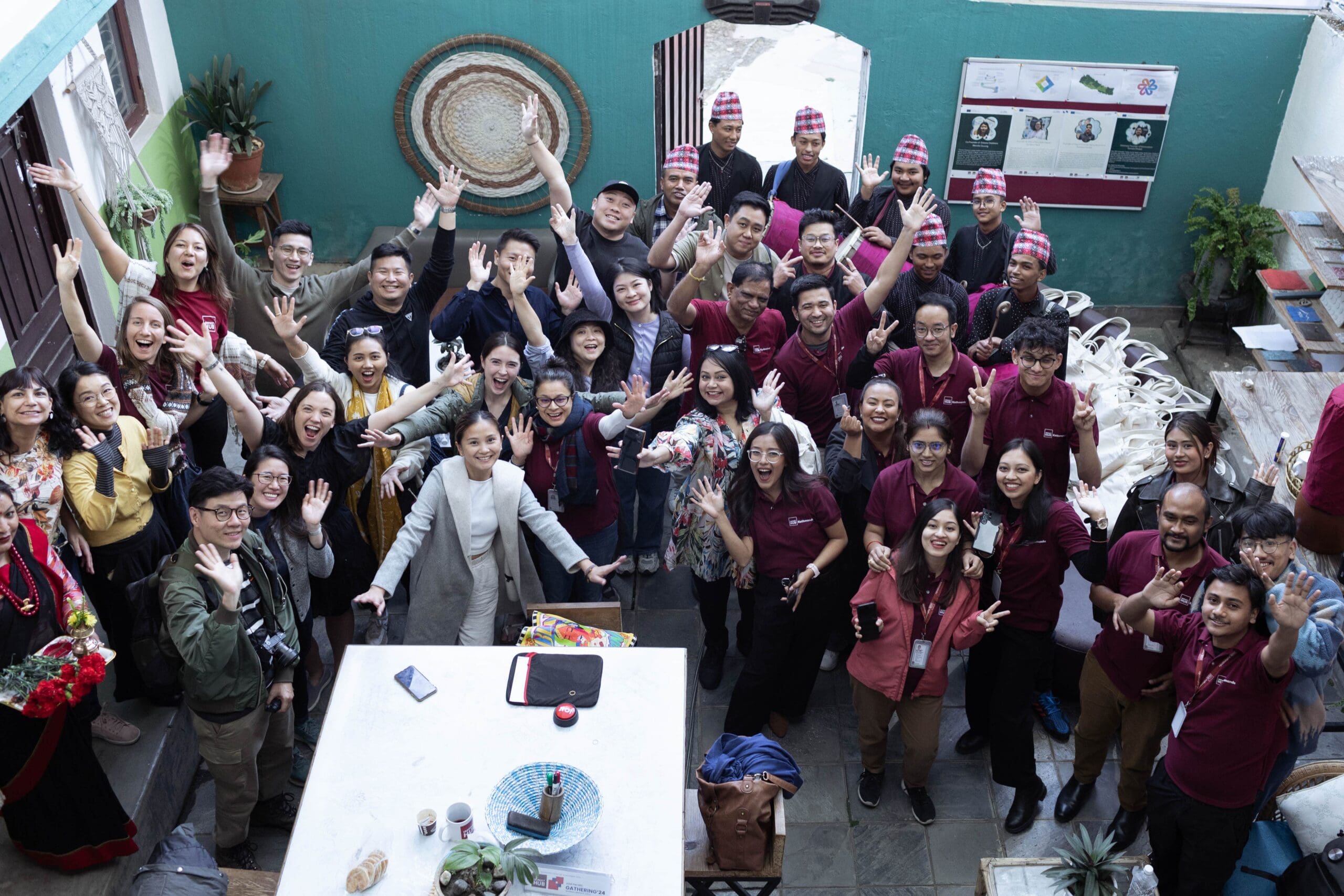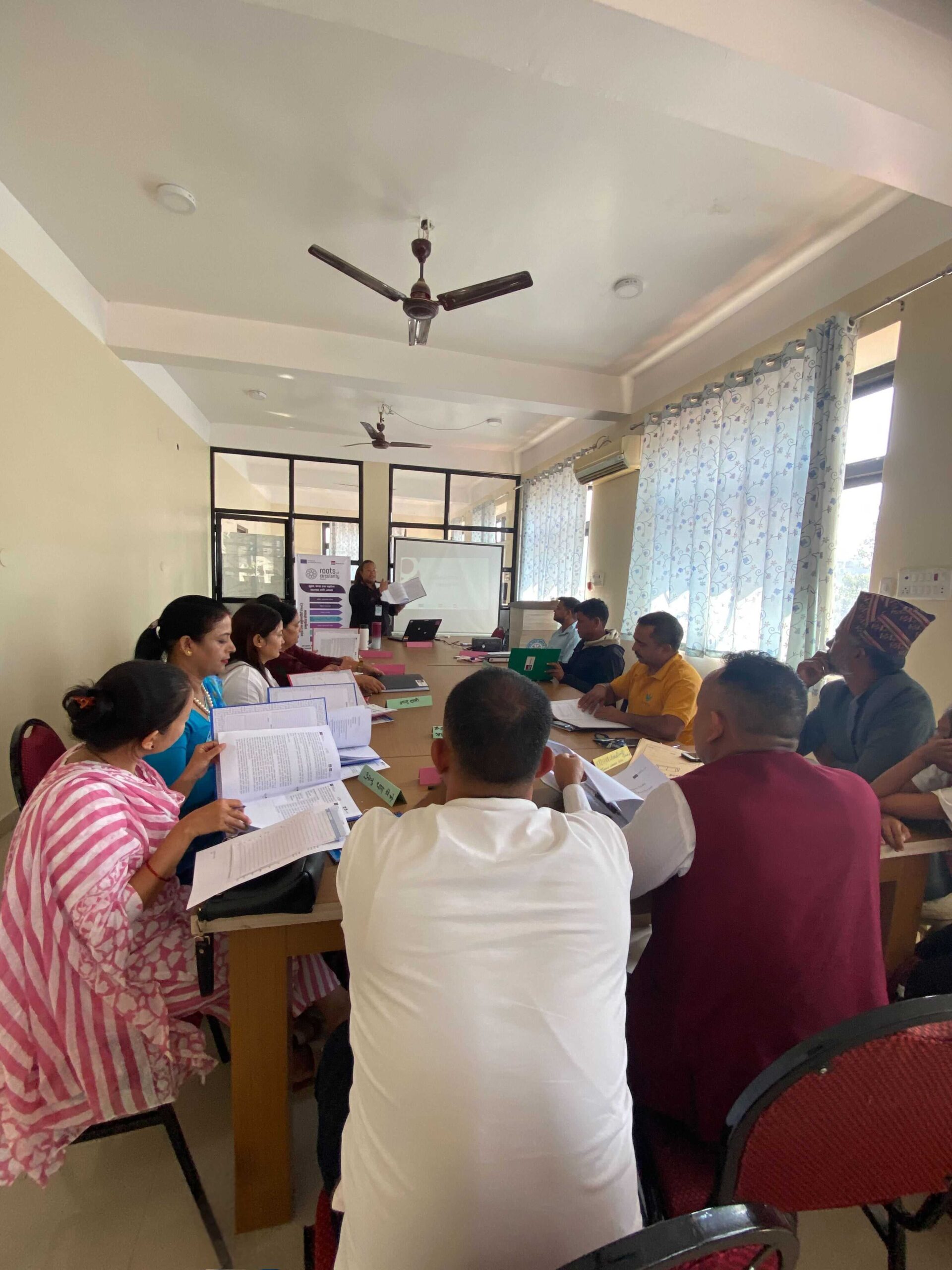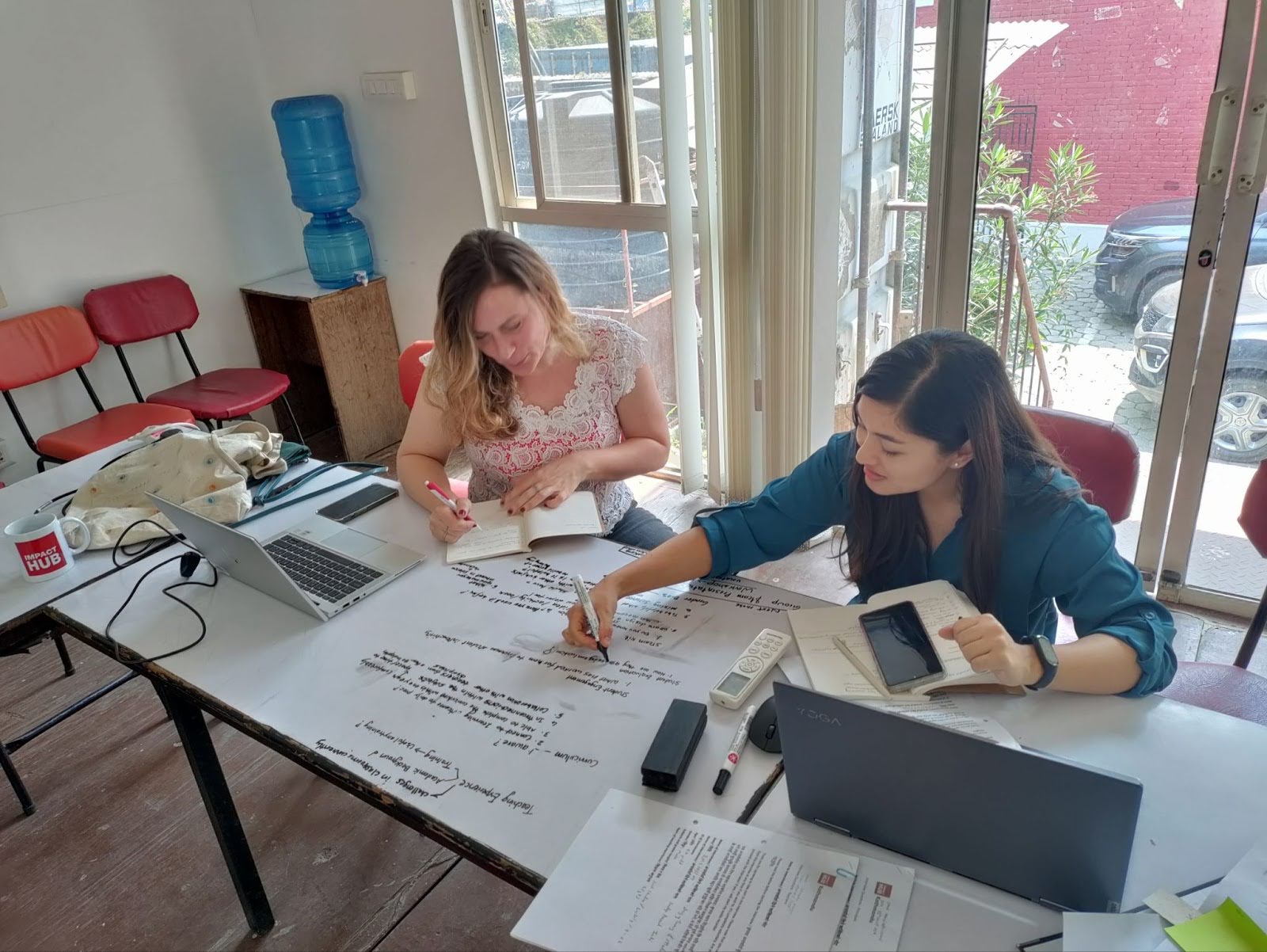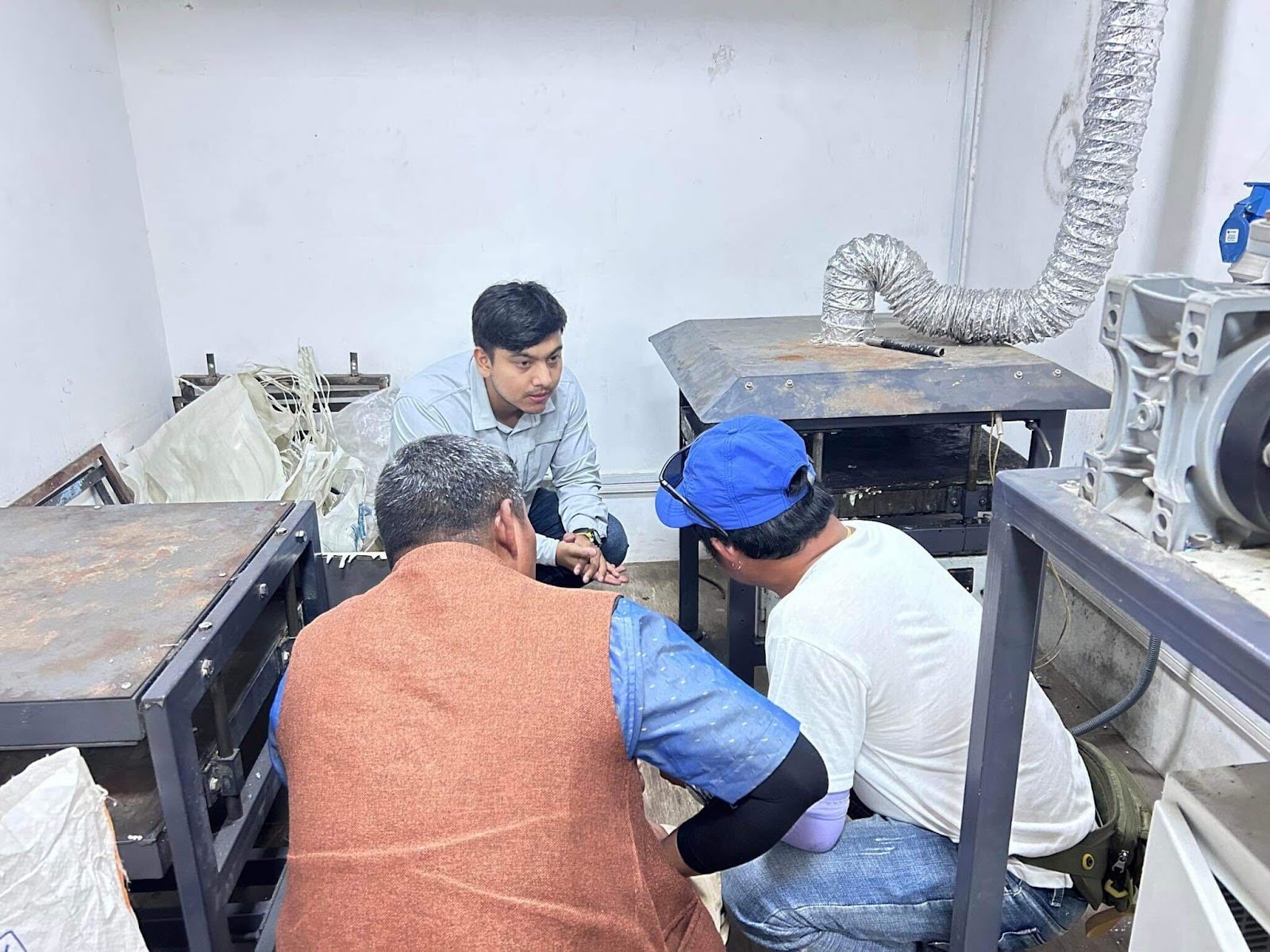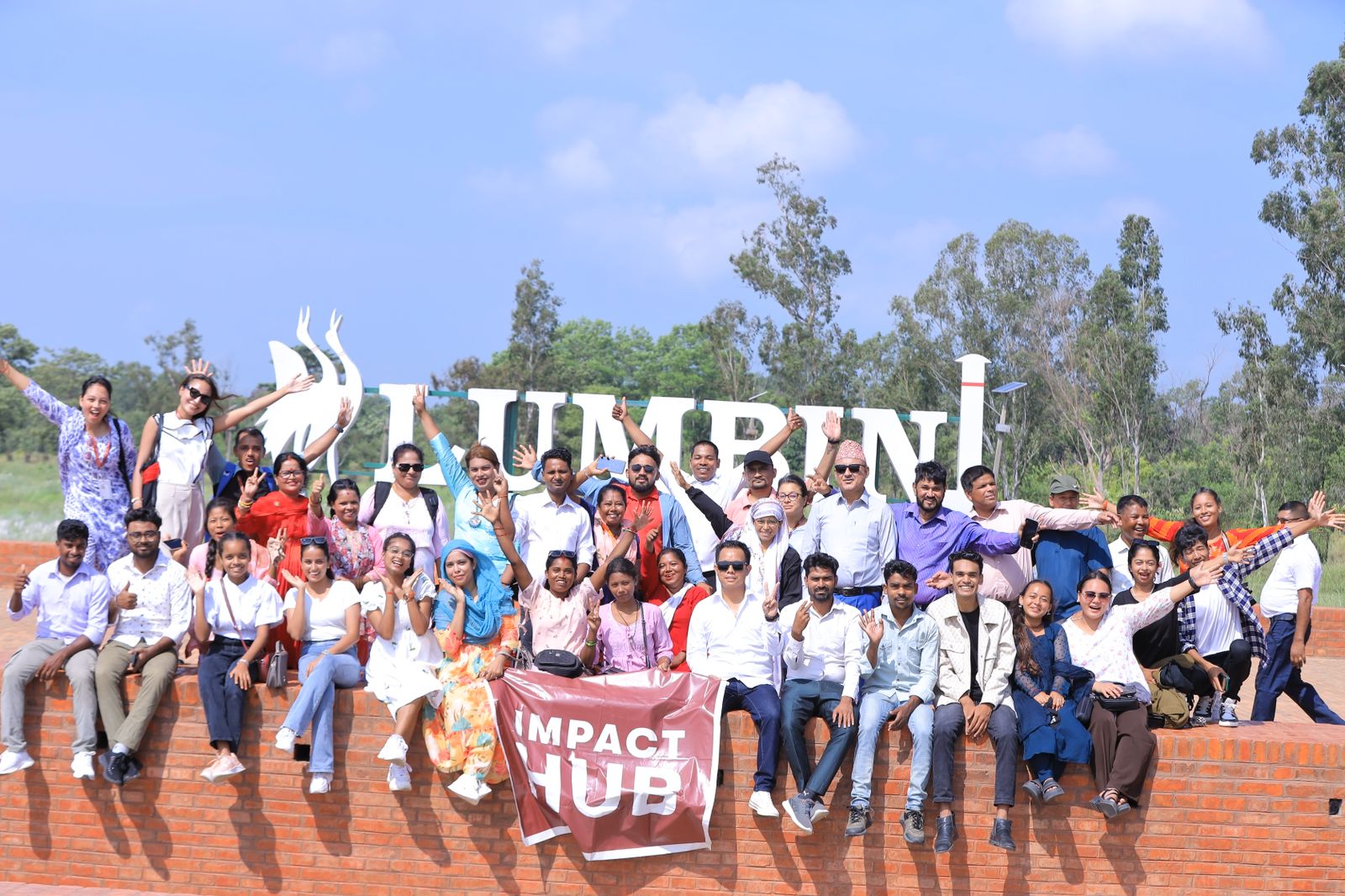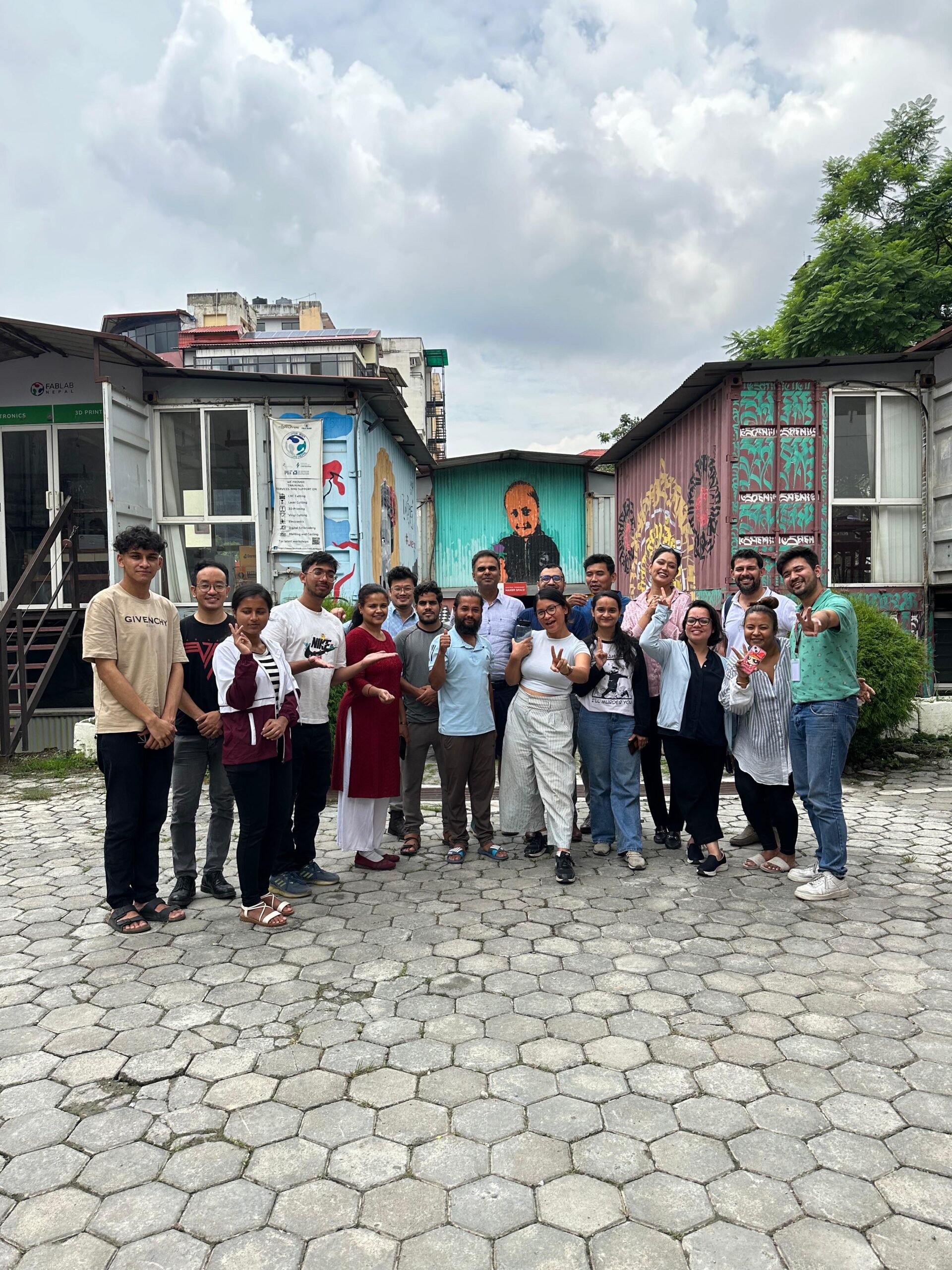By: Samanata Thapa
November has been an exciting month at Nepal Communitere with the ICIMOD Renewable Energy for Agriculture Solution (RESA) incubation program with eight agricultural entrepreneurs. The incubation team at Communitere finally had an opportunity to conduct on-site coaching sessions with the enterprises based in Kathmandu. Each of the companies in the program represents the value-chain network in the agriculture sector of Nepal and have been engaged in integrating Renewable Energy (RE) and Energy Efficient (EE) technology into their business to maximize their output while also caring for the community and environment where they operate. In this article, we share the journey of our enterprises.
Chhahari Krishi Samuha located in Sunakothi. The enterprise was initiated to economically empower a community of single women farmers in Sankhu. But the community group has various infrastructural challenges which are also suspected to be driven out of the patriarchal mindset in the surrounding. The enterprise has been losing a significant amount of its revenue due to the theft of its yields. Through the program, they are set to install a bamboo tunnel to increase the yield of varied products as the first step to ensure the security of their fresh produce. The security of the farm is expected to increase their revenue that can be further invested to address the challenges related to irrigation and a dedicated human resource for the security of the rest of their farmland.
Drip Irrigation for marigold farming at Chhahari Krishi Samuha
The world is expected to face challenges related to food security and Wind Power Nepal, one of the companies in the program is trying to ensure food security by introducing hydroponics farming to the urban residents of Nepal. Through The program, the company has installed a solar system to power their hydroponics system with the aim to minimize their electricity consumption. The savings from the use of RE technology is expected to decrease their cost and serve as a pilot to expand their production capacity in the future. This initiative of Wind Power is currently operating under their sister wing ‘Muttha’ that sells freshly harvested leafy vegetables and herbs with the aim to make fresh produce available and accessible to the local market.

Hydroponic Farming System at Wind Power Nepal
Solar Panel Installation at WindPower Nepal
Similarly, Green Growth Group has been providing a market platform for safe food items produced in Nepal. The company only markets items sourced from the local producers like apples from Dhye in Mustang, Junar from Sindhuli and Mangoes from Mahottari. Through the program, they are currently working on their mobile application to increase their sales with the aim to ensure efficient use of their existing resources. For instance, the company makes multiple deliveries to a single location spread across the weeks. The application is expected to help the company increase their location-based sales so that multiple deliveries that are spread across the week can be obtained within a single trip to the specified location, ensuring optimum reach and use of fuel. The application will also allow customers to track their food source to ensure transparency. Through the increased revenue and sales strategies, the team intends to further invest and adopt an electric vehicle to minimize their carbon footprint.
Agro Mart under Shijan Organic also provides market access to local products of Nepal. Located in Khumaltar, Lalitpur, the company provides agro-technology and markets to farmers. The company is currently looking forward to addressing the need for a cold storage facility to ensure the longevity of perishable products. Through the program, the company will be providing training to Junior Technical Assistant (JTA) to facilitate the adoption of RE technology in agriculture. Similarly, the company is set to mobilize the seed fund to adopt a cold storage facility to address their current challenges by increasing the shelf-life of perishable items.
AgroMart at Khumalatar
Similar to other market providers in the program, Himalayan Tranquility is a woman led agro based export company. However, the company is focused on providing global access to Nepali products. Due to the lack of technology, the company is facing challenges to meet the international market standard of the products. Through the program, the company is streamlining their production methodologies by adopting a Solar Dryer to bring consistency and produce dry food items at a larger scale. The RE technology is expected to serve as a pilot to set standards and minimize the rejection cost in the market of Nepali products that are currently being exported.
Unlike most of our companies that provide a market accessibility to local food producers, Krishi Udhyamshala is trying to address the challenges related to post harvest loss through their coolbot technology. Due to the lack of cold storage and the challenges related to electricity in remote places of Nepal farmers are unable to make optimum use of their harvest, through the program the company is piloting their cold storage by integrating solar panels and a hybrid inverter to support the cold storage facility. This is expected to encourage farmers in rural Nepal to adopt cold storage solutions to ensure the longevity of their yields post harvest and decrease their post harvest loss with better returns to the farmers.
CoolBot Cold Storage System at Krishi Udhyamshala
One of the beauties of running a virtual incubation program during the pandemic is the accessibility of the program no matter the geographical location of the entrepreneurs. Although our team was not able to conduct an onsite visit for some of our companies, the remote nature of the program has allowed us to make equal progress with the companies based outside of Kathmandu.
Saugat Griha Sindhuli works with marginalized women from the local community in Sindhuli to produce dry food items like Gundruk, Masyora and Potato chips by sourcing the raw materials from the local farmers and marketing them in the local and nearby markets like Kathmandu and Hetauda. As the enterprise completely relies on the natural sunlight to process their production, the enterprise is not able to produce at their fullest potential. Through the program, the enterprise is set to purchase their first solar dryer after consulting with Solar experts and vendors in the program. The seedfund will be a stepping stone for the Sindhuli based team to produce at a larger scale and increase their current revenue.
Existing Drying Methodology at Saugat Griha Sindhuli
Similarly, a renewable agriculture technology providers Quality Renewable Energy, currently operating in Baglung understands that local farmers can benefit from RE and EE technology but rural farmers are skeptical to adopt it because of the lack of skilled human resource and service providers to install and take care of the maintenance of the technologies that are available in the market. Through the program, the company is set to hold a seven days RE technology installation and maintenance training for participants in the rural communities and villages of Baglung with the aim to bridge the gap of RE technology adoption in rural communities of Nepal.
All eight companies in the RESA cohort address different pressing challenges in the value chain network. As leaders in their communities, the agriculture sector and their companies, the entrepreneurs have come a long way from an idea to implementation in the last five months of the program. RESA incubation program serves as a platform for the companies to prototype and pilot RE and EE integration into their business model and carefully rethink the larger social, economic and environmental impact to create sustainable and resilient agro-enterprises in Nepal.

